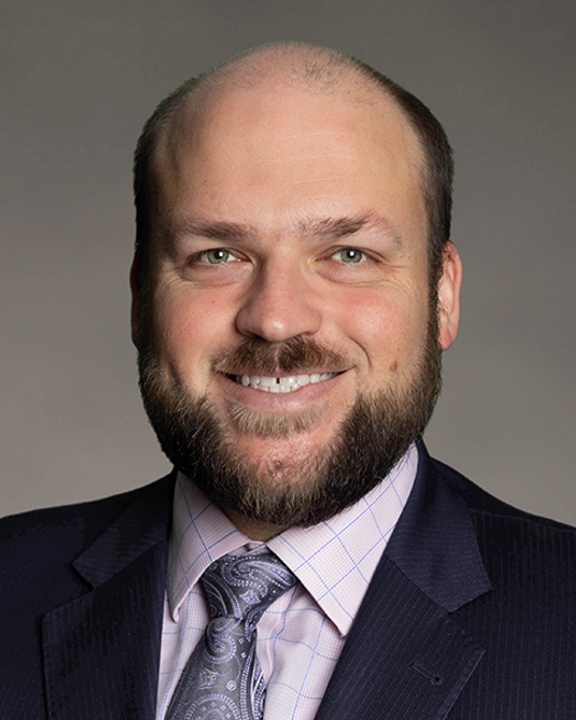Community Health Workers (CHWs), also referred to as Promotores, are community-based frontline health workers experienced in providing linguistic and culturally sensitive, individualized whole person care in both clinical and non-clinical environments. CHWs can enhance access to and quality of primary care and are often underutilized due to a lack of understanding of their capabilities and utility. Integrating CHWs into primary care practices can improve patient care and deepen understanding of patients’ health related social needs (HRSNs) and the impact of HRSN gaps on medical care plan adherence and overall wellness.
- CHW integration in primary care practices can improve patient outcomes by assessing patients’ needs, social and cultural gaps, offering personalized assistance, and helping care teams understand the impact that a patient’s care gaps, backgrounds, and preferences have on quality and total cost of care metrics. This approach can lead to improvements in care gap closure rates, total cost of care, preventable utilization, and improved chronic disease management for vulnerable populations.A recent study conducted by The Center for Applied Research and Evaluation (CARE) highlighted the impact CHWs have on reducing costly healthcare services, like ED visits and inpatient admissions, and increased utilization of primary care. This study found that for every $1 invested in CHWs the state saved an average of $4.96 in healthcare costs.
- CHWs play a crucial role in ensuring continuity of care and alleviating administrative burdens for providers through their support in coordinating care for patients, helping to overcome barriers outside the practice that may not be addressed through a traditional primary care model. They can provide information and assistance to patients regarding how to access medical care and HRSN services inside and outside primary care settings, which allows providers and other care team patients to focus on care delivery and patient outcomes.
- CHWs are particularly valuable in assisting patients to access non-clinical health-related services through the utilization of community resources. When completing screenings and initial patient assessments, CHWs can introduce and discuss patient’s non-clinical needs, such as housing, food, and other social determinant resources. They can then act as a referral source to connect patients and caregivers to access these resources, reducing delays in service connection and improving continuity of care.
- CHWs also provide essential health education, which can be completed through collaborative counseling, goal setting, problem-solving, action planning, and didactic skills training tailored to specific health needs. This is vital when working with patients with multiple chronic conditions or complex care needs. Services can be provided telephonically or in-person (community, home, within the clinic).
Primary care clinics have the option to either internally hire and integrate CHWs or partner with CHW organizations in their communities to address their patient’s needs. Results can be most favorable when there is close alignment, care coordination and formal information sharing between the practice and contracted or collaborative CHW service organizations.
With expertise in supporting organizations through both avenues, COPE Health Solutions (CHS) can offer guidance to organizations seeking to integrate CHWs to tackle social determinants of health, bridge care gaps, and improve performance against HEDIS quality measures. CHS has a proven track record in implementing community-based solutions in coordination with managed care plans, providers, and community organizations for effective patient outreach and engagement strategies.
Contact us at info@copehealthsolutions.com or (213) 259-0245 to learn how CHS can help your organization integrate community health workers within your model of care and care teams.


